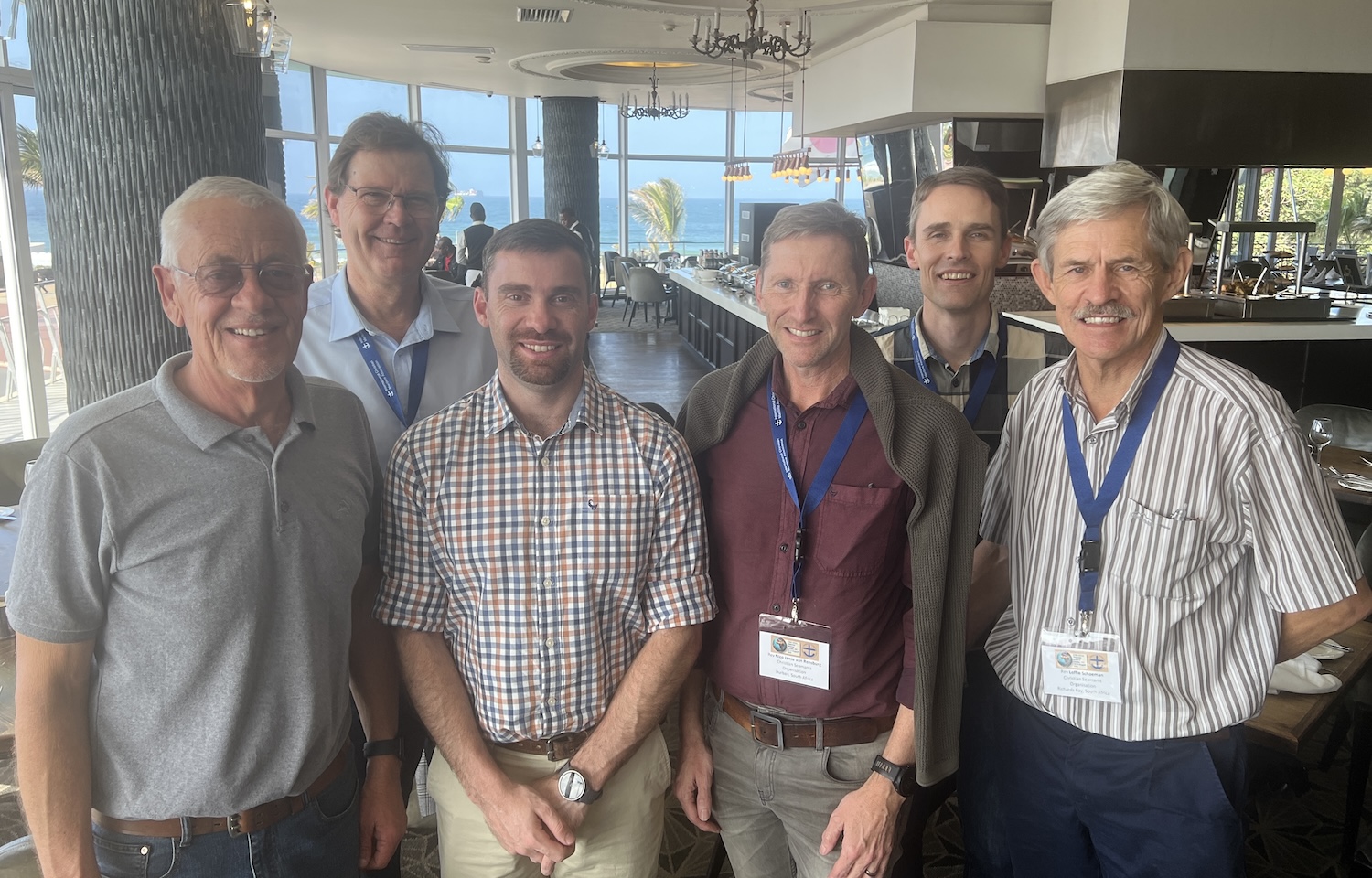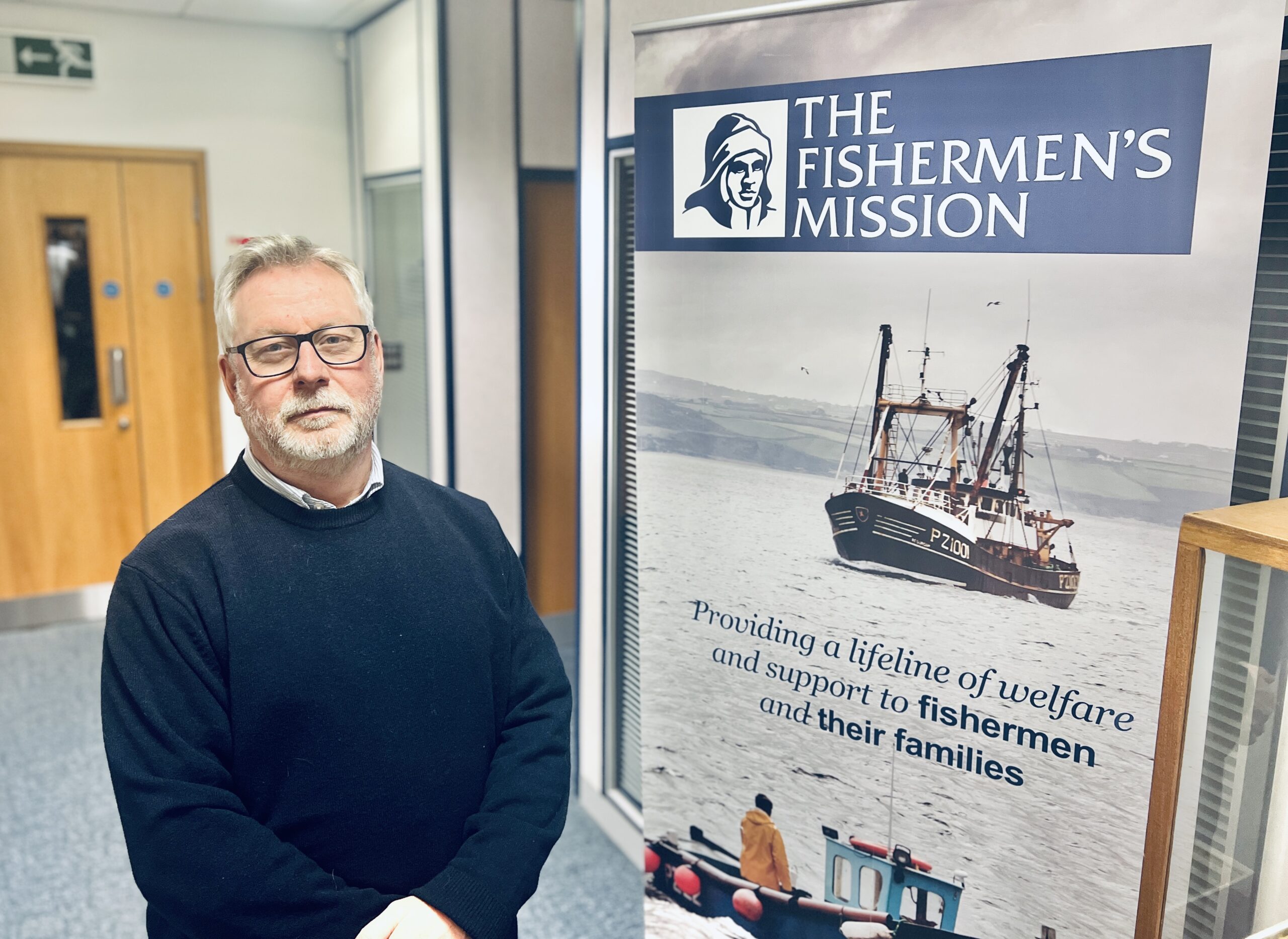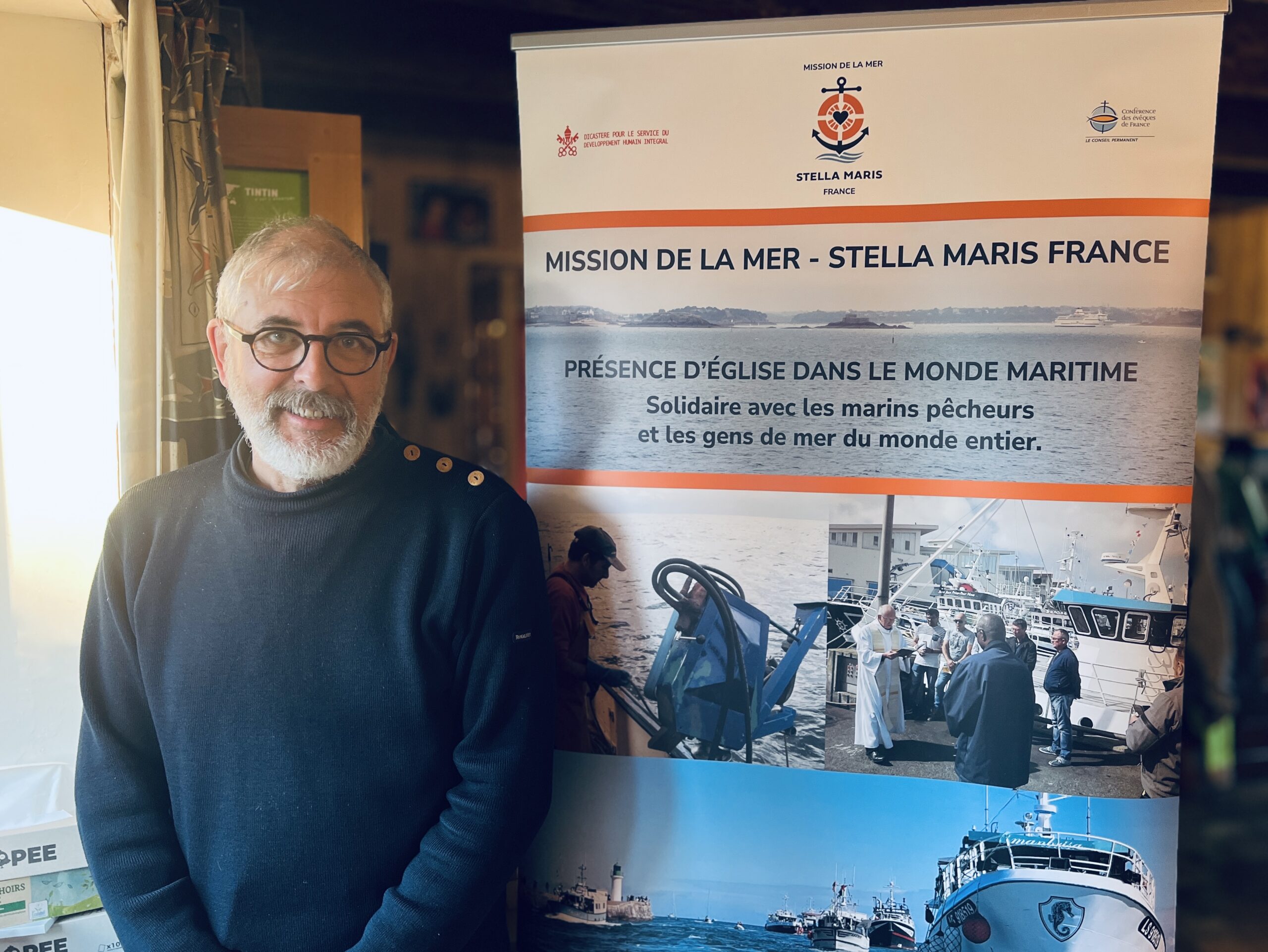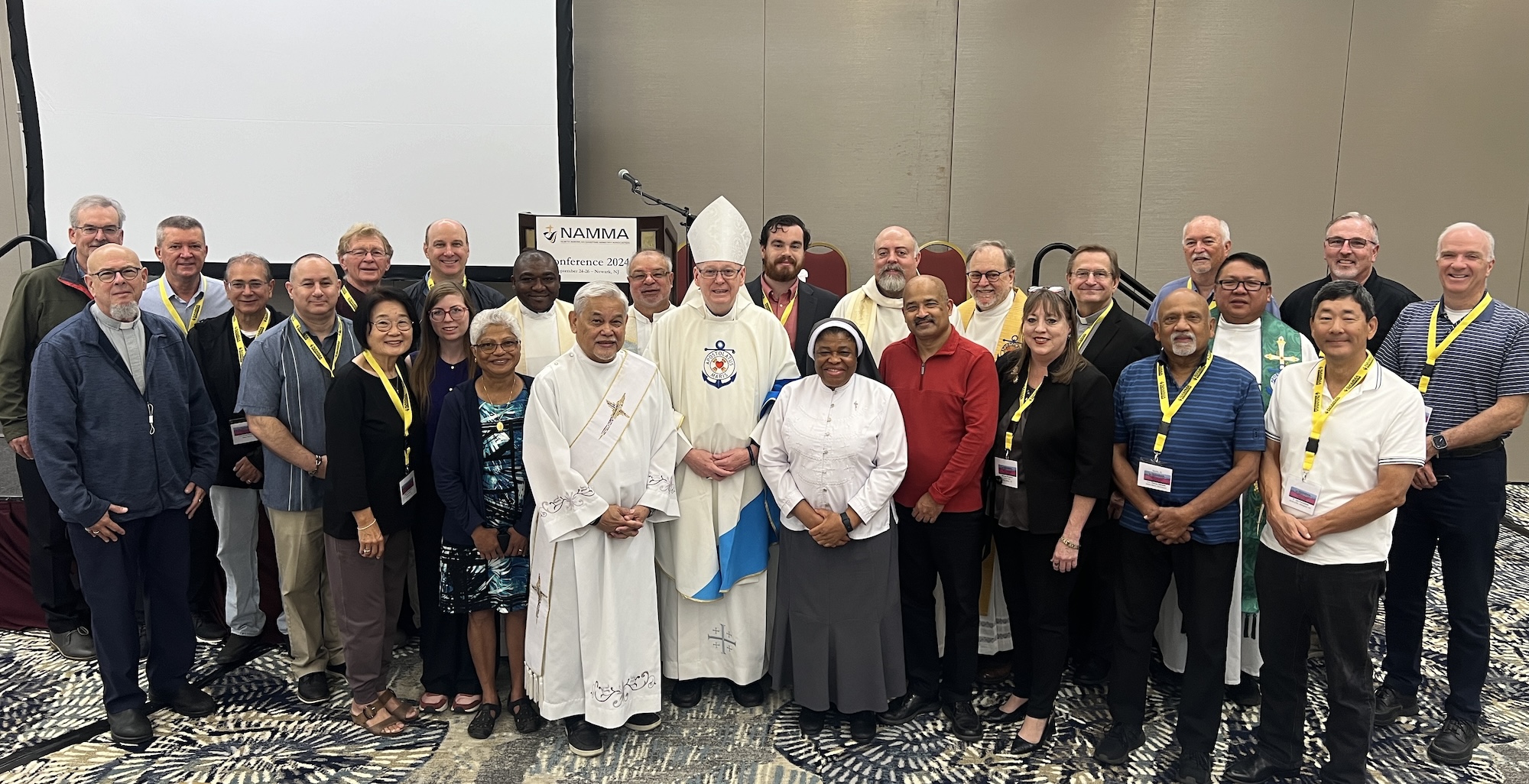On 14 August 2024, we sat down with six members of the Christian Seamen’s Organization during the ICMA Africa Regional meeting in Durban, South Africa. Around the table we talked to Nico Janse van Rensburg (Durban), Andre Lammertyn (Cape Town / Saldanha), Loffie Schoeman (Richards Bay), Danie Taljard (Port Elizabeth), Christoffel Viljoen (Durban) and Wimpie Van Schoor (Director) who is based in Johannesburg.
What is CSO and what work do you do around this country?
Wimpie Van Schoor: Interestingly enough, CSO is 80 years old. We were founded in 1944. Our motto is to give a sailor or a seafarer a Bible in his mother language, then you give him life in Christ. So our focus is mainly mission work, but physical and real. Mission work on the ships, by ship visits, all that. We’re an international organization. We are not supported by any churches or groups or anything. So we are self funded. And I think in today’s time, especially after this [ICMA Africa regional] meeting, I realized that it is great to be self funded from your own donors. Basically, we we do Bibles. That’s our main focus.
Why is ship visiting important for you?
Andre Lammertyn: I think it was important to see and realize that there are people willing to come into their own work or workplace where they function and meet them there and support them. … And we meet them in their working clothes in their work environment.
There is a focus on distributing Bibles and a service of the full person. Could you say more about that?
Christoffel Viljoen: Yeah, absolutely. I think that’s part of a reason I was thinking of when you asked about, why do we visit ships. We are the guys that pick up on if there’s a problem on board. For instance, recently, we had seafarers that were arrested because they they’re on a ship where the owner gets them without an agent that he gets them in, and then the immigration papers weren’t sorted out. So they were arrested by immigration. The one guy got a sentence of one year. But the thing is, we pick it up as visitors to a ship. SAMSA didn’t know, SAASOA didn’t know, we are the guys on the ground that will pick up things like that. So that, I think, is a great part of the role that we are doing. Not just the handing out the Bible, but – because they are Hindus anyway, so they wouldn’t accept the Bible – but to show them that we care. I go to visit these guys. One guy I visited, it took four hours to just see him for a few minutes. But I could bring him something warm to wear, and I could bring him some chickens to eat while he’s there. That’s part of the role. A lawyer won’t go to prison to visit him, to bring him something, but we are there to do it. So I think we fill a very important gap that’s like other organizations like the ITF, SAMSA – which is excellent – but, we are the guys on the ground that pick up if there’s something.
Most, if not all of you, also serve as pastors in local congregations. How does serving seafarers on some days of the week help you in terms of being a better pastor in a regular congregation?
Loffie Schoeman: On Sundays, we preach, and then in the week on the ships. But then the congregation, they get feedback from us about how to pray for the seafarers. And I often tell the Ukrainians, for instance, that our churches are praying for them and their faces just light up so that we’re actually caring for them and their family. And then we try to give them tracts in their own language, and if they see their own language, they just light up. It’s encouragement for them. If we don’t do that, we might as well work for Red Cross or people selling SIM cards. It’s not about just a service, but really for caring. So churches, they get feedback from us and they pray. I tell them, I visit the sick patient in the hospital.
Wimpie Van Schoor: If we do Bibles, it’s not like leaving the Bible in a hotel room, there’s always the proclaiming of Jesus Christ that goes with it. We are not Bible distributors. So when we give a Bible, we’re sowing the seed and the Holy Spirit will work. So there’s much more to it than giving a Bible.
What drives you? What kind of story might propel you forward? And where is the challenge? What slows you down?
Andre Lammertyn: I think the joy for me is especially if you’re in a congregation as well, it’s very simple. When you work on the vessels, you’re just there to spread the Word of God, and really you’re there for one goal, and that’s it. And in the congregation, sometimes you can get mixed up in people’s problems. And it gets more complicated than just spreading the Word. And I think the simplicity in ship visiting, in that sense, is a real joy, and it gives grace as well for us to be there. You have one objective, and that is to spread the Word of God. And that’s all you do. And I think that’s a really joyful thing, because its not always possible in other aspects of life.
Nico Janse van Rensburg: A challenge, I would say, is the time that you have with the seafarer, especially when they need help, emotional help, somebody that has a family member that died, for instance. So if you are in a congregation, it’s different. You can work on it over weeks or months. … You need to actually have the opportunity to follow up with that particular person and then you can’t do that [with seafarers]. And nowadays, as we touched on to it earlier this week as well, 15 years ago, there was 30 plus crew members. They had a lot of time. They were sitting around. This is rushing today. … So your time constraint is very short, and that I found is really hard. I would need some more time, but its not there.
Loffie Schoeman: Sometimes a ship tells me, “We’re too busy. We can’t see you.” So after two minutes, you got to leave the ship. But then it is wonderful, five minutes later on different ship the seafarers say, “Oh, we’re so thankful you’re here. We appreciate you coming. Thanks for caring for us.” And that just gives me the goal to go to the next ship and the next ship. So even though sometimes they chase us off – “we are too busy” – I know the next ship will welcome us.
If people want to contact you, what’s the best way to learn more about CSO?
Wimpie Van Schoor: The easiest way to learn more is our website: cso.co.za. I think that’s the easiest way to contact. You can leave a message on the website. And then we can contact you back.
Thank you very much.





